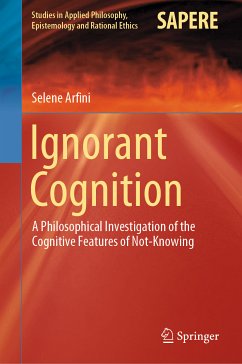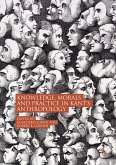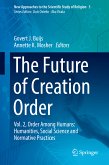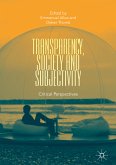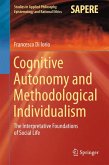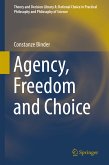The author subsequently describes the ephemeral nature of ignorance, its tenacity in the development of human inferential and cognitive performance, and the possibility of sharing ignorance among human agents within the social dimension. By combining previous frameworks such as the naturalization of logic, the eco-cognitive perspective in philosophy and concepts from Peircean epistemology, and adding original ideas derived from the author's own research and reflections, the book develops a new cognitive framework to help understand the nature of ignorance and its influence on the human condition.
Dieser Download kann aus rechtlichen Gründen nur mit Rechnungsadresse in A, B, BG, CY, CZ, D, DK, EW, E, FIN, F, GR, HR, H, IRL, I, LT, L, LR, M, NL, PL, P, R, S, SLO, SK ausgeliefert werden.
"A philosophically valuable book and a welcome addition to the literature on ignorance. ... To finish a philosophy book with a whole set of new ideas to explore in my own head, is a wonderful thing. I have my own interests in the small cognitive moments where ignorance and knowledge collide, and Arfini's book has given me much to think about indeed." (Samantha Copeland, Studies in Philosophy and Education, Vol. 40, 2021)

